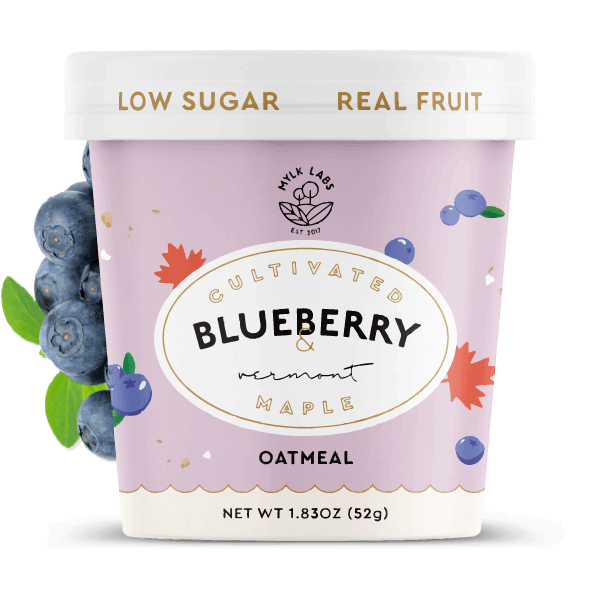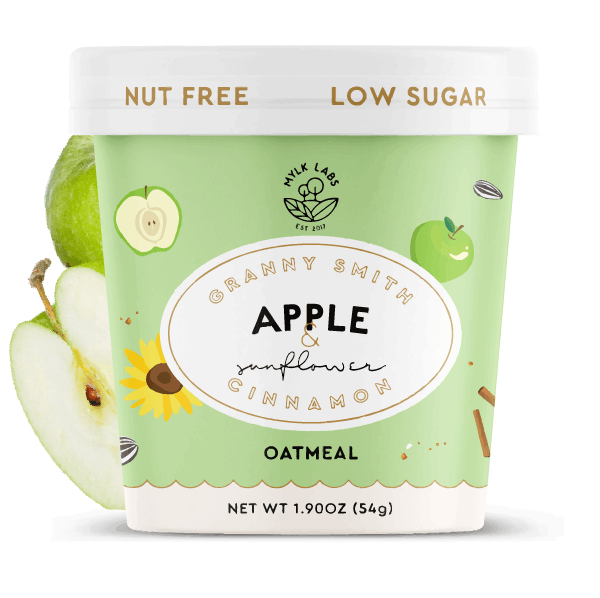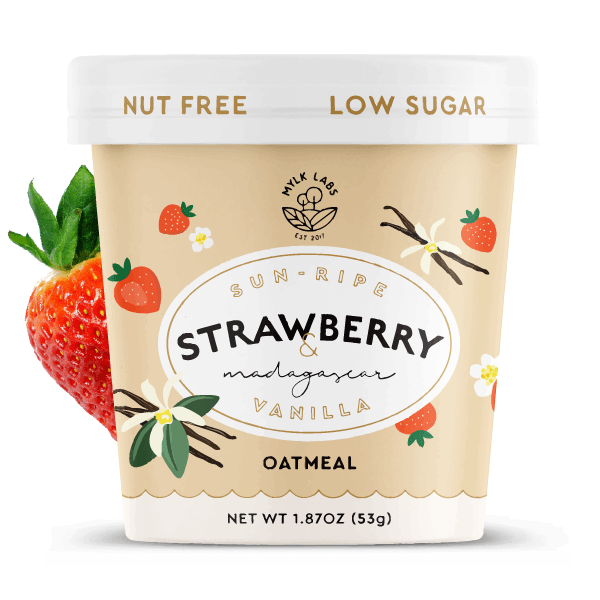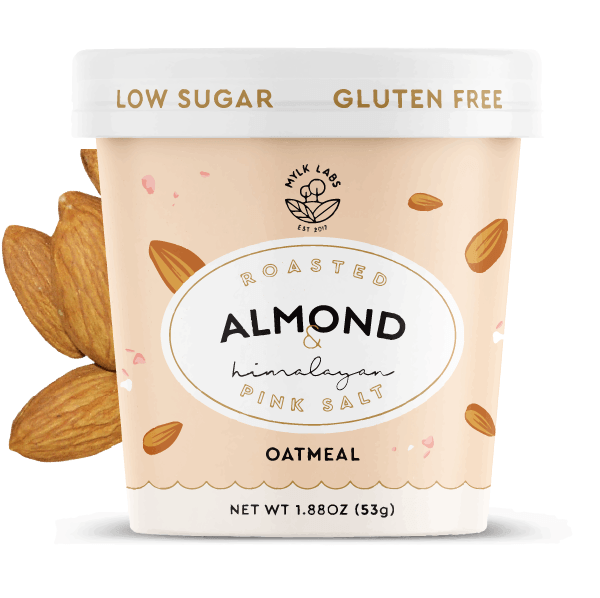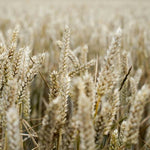Guest post by Lauren Smith, RDN, LND

What is Breakfast, Really?
Have you ever thought about what breakfast truly means? Per Merriam Webster breakfast is “the first meal of the day especially when taken in the morning”. Its Middle English history comes from the phrase breken fast "to break one's fast, end abstinence from food." Breakfast was created to start our day so that we have energy to perform our daily routines.
Why Calories in the Morning Are Important
Yes, food is energy. In fact, calories are a unit of energy! Maybe if more people thought about calories as a unit of energy, and not as something that needs to be counted, limited, or scrutinized, we would think differently about it! Starting our days with a breakfast full of complex carbohydrates, protein, healthy fats, and plenty of colors is a great way to break your overnight fast, revv your metabolism, and give your body lasting energy to be the best version of you.

What Happens When You Skip Breakfast?
Many people decide to fast because they believe it will contribute to “health benefits” like weight loss and blood sugar control. A study that followed 96,000 people shows why this claim is false. Skipping breakfast, even just ONE time a week has actually been associated with a HIGHER risk of developing type 2 diabetes. This happens as a result of increased insulin resistance. Basically, not having breakfast can be an added stress on your body for your post lunch and dinner meals. Your body has to work even harder and use more insulin to get your blood sugars back into a normal range. In addition to this, a person is more likely to eat a larger lunch and dinner after a long fast, simply because they are hungrier. The body is also likely sending increased feelings of hunger, via the hunger hormone, ghrelin.
How to Create a Complete Breakfast
My personal suggestion if you are looking to manage your blood sugar and get your day off to the best start, is to eat breakfast! Try to combine a few food groups, like oatmeal with nuts (carbs and fat) or oatmeal and Greek yogurt (carbs and protein) OR a combination of all three for long lasting energy. Combinations of carbohydrates, protein, and fat are the best way to manage your blood sugar. And just a reminder, even if you do not have diabetes, you do have blood sugar and a stable blood sugar means stable energy throughout the day (goodbye 3pm crash!)













